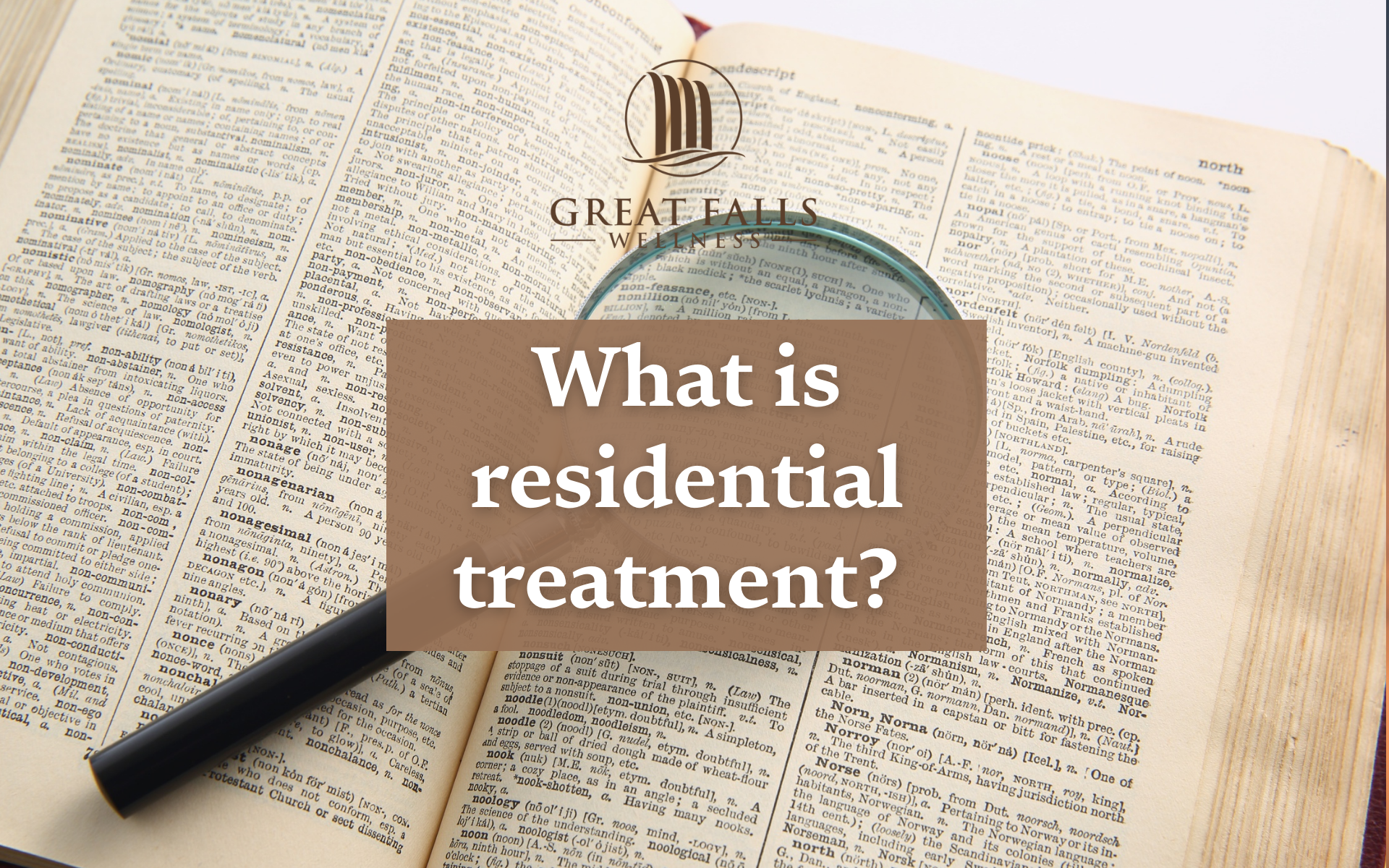What is residential treatment?

The report entitled “Facing Addiction in America: The Surgeon General’s Report on Alcohol, Drugs, and Health“ gives a Residential Treatment Definition as follows: “Intensive, 24-hour a day services delivered in settings other than a hospital” (Substance Abuse and Mental Health Services Administration, 2016). What is residential treatment? In short, residential treatment means a rehab where you stay 24 hours a day for a period of time.
Residential treatment provides round-the-clock care in a structured, substance-free setting. It serves people who need continuous support to participate in treatment. Programs use routine, group support, and independent living skills to promote recovery. Services aim to stabilize health and strengthen recovery habits.
Who Residential Care Helps
Residential services fit people with high risks, complex symptoms, or unstable environments. Some need medication changes under close observation. Others need distance from triggers to focus on change. The setting offers safety, structure, and predictable support.
What Residential Programs Include
If you’re asking “what is residential treatment,” you’re probably interested in the day to day experience. Most programs deliver evidence-based therapies across the week. Teams provide group and individual sessions, plus family education. Staff teach coping skills, relapse prevention, and daily living skills. Medical and psychiatric care are available or coordinated. Programs also plan for step-down care and community supports.
Pros of Residential Treatment
- 24/7 supervision with skilled staff
- Highly structured, low-distraction environment
- Immersive care for co-occurring or complex conditions
- Close monitoring for medication adjustments
- Separation from triggers and daily stressors
Cons of Residential Treatment
- Disruption of work, school, and family life
- Higher cost due to housing and continuous care
- Distance from local supports and routine
- Skills may be harder to generalize upon return home
- Rules and schedules can feel restrictive
Choosing Between Settings
Every person’s situation is unique, so there is no single right path. Residential, outpatient, and combined care each offer benefits. Consider safety, symptom severity, home stability, and support. Then weigh cost, flexibility, and your readiness for change. Talk with a licensed clinician to match the setting to your needs. Plans can adjust over time as your goals evolve.
If you’re considering addiction treatment in Northern Virginia, give Great Falls Wellness a call today to get started with an evaluation.
FAQ: What is Residential Treatment?
What is residential treatment?
Residential treatment is 24 hour, non hospital care in a structured, substance free setting that supports recovery.
What is a residential treatment facility?
A residential treatment facility is a licensed setting that delivers round the clock services outside a hospital. Some residential treatment happens on dedicated wards of larger hospitals, while residential treatment facilities are separate buildings or campuses that may or may not be affiliated with another healthcare center.
What is a residential treatment center?
A residential treatment center is the same as a residential treatment facility, often shortened to RTC.
What is a residential treatment facility for youth?
A residential treatment facility for youth provides 24 hour care for adolescents, pairing schooling with clinical and family services.
What is residential treatment for mental health?
Residential treatment for mental health offers live in care with constant staff support, therapy, and medication management when needed.
What is another name for residential treatment program?
Another name for residential treatment program is residential rehab or residential treatment center, often called an RTC.
What is long term residential treatment?
Long term residential treatment involves extended stays, often several months or more, based on clinical need and progress.
What is residential treatment for substance abuse?
Residential treatment for substance abuse provides structured SUD care with therapy, skills training, and medical oversight in a live in setting.
What are residential treatment programs?
Residential treatment programs are organized, 24 hour services that deliver therapy, support, and daily structure in a licensed facility.
Reference
Substance Abuse and Mental Health Services Administration. (2016). Facing addiction in America: The Surgeon General’s report on alcohol, drugs, and health (Glossary of terms). U.S. Department of Health and Human Services. https://www.ncbi.nlm.nih.gov/books/NBK424856/

